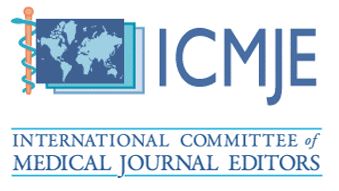The Role of Microbes in Bioremediation of Radioactive Wastes
Nada ElShaarawy*
Microbiology Department, Faculty of Science, Ain Shams University, Giza, Egypt.
*Corresponding Author: Nada ElShaarawy, Microbiology Department, Faculty of Science, Ain Shams University, Giza, Egypt.
DOI: https://doi.org/10.58624/SVOAMB.2024.05.045
Received: June 24, 2024 Published: August 08, 2024
Abstract
The world is currently undergoing rapid development in industrialization in various industries such as chemical industry, textile industry, nuclear power plant. They release effluents that contain harmful substances (U235, Cs137, and other compounds) that are released in the environment and cause contamination. Also, due to nuclear disaster such as Chernobyl and Fukushima large amount of radioactive substances was spread and cause harmful effects on living organisms and environment, so it is necessary to maintain and manage the disposal of radioactive waste by treating it with physical, chemical, biological methods for the management of radioactive waste. Microbial remediation is the best method and carried out by different mechanisms such as bioaccumulation, biosorption, biotransformation, biosolubilization, bioprecipitation, chelation, and complexation.
Keywords: Bioremediation, Bioaccumulation, Biosorption, Biotransformation, Biosolubilization, Bioprecipitation, Chelation, Complexation
Citation: ElShaarawy N. The Role of Microbes in Bioremediation of Radioactive Wastes. SVOA Microbiology 2024, 5:3, 64-78. doi:10.58624/SVOAMB.2024.05.045











